
Northwestern Study Reveals Hidden Dangers in Youth Skincare Influencer Culture
A new study from Northwestern University is sounding the alarm about the fast-growing TikTok skincare trend sweeping through children and teenagers. Researchers reviewed 100 of the most popular skincare-routine videos posted by influencers between the ages of 7 and 18 and discovered a pattern that dermatologists say is both concerning and potentially dangerous. Most of these young creators showcased routines packed with products formulated for adult concerns such as acne treatment and anti-aging—despite having perfectly clear, healthy skin that required no intervention at all. On average, each routine featured six different products, with some including well over a dozen. For families, the financial burden is significant as well, totaling roughly $168 per month for these multistep regimens.
The study highlights that many of these routines revolve around potent active ingredients—such as alpha-hydroxy acids (AHAs), beta-hydroxy acids (BHAs), retinoids, niacinamide, and vitamin C—chemicals that can be helpful when used correctly by adults with specific skin conditions. However, when layered excessively on young, developing skin, these ingredients pose real risks. Dermatologists from the American Academy of Dermatology (AAD) emphasize that overusing exfoliating acids or introducing multiple actives at once can lead to irritation, increased sun sensitivity, and disruption of the skin barrier. In more serious cases, experts warn that repeated exposure to sensitizing ingredients may trigger contact dermatitis—a type of allergic skin reaction that can become permanent, limiting which products someone can safely use for the rest of their life (AAD, Mayo Clinic).
Despite these dangers, the researchers found that only about one-quarter of daytime routines even mentioned sunscreen, which dermatologists consistently regard as the single most important step in preventing both skin cancer and premature aging (Skin Cancer Foundation; AAD). One of the most troubling examples documented in the study involved a 10-year-old girl with fair, freckled skin—a demographic already at elevated risk for melanoma—applying eight different products without any SPF protection. According to the Skin Cancer Foundation, even brief unprotected sun exposure accumulates over time, significantly raising long-term skin cancer risk.
Experts say that not only are these complex routines unnecessary for young skin, but they may cause long-lasting harm. Children naturally have resilient, healthy skin with strong collagen levels and rapid cellular turnover, meaning they gain no meaningful benefit from anti-aging products, which are generally designed for adults in their late 20s and beyond (Harvard Health Publishing). Overuse of actives during childhood and adolescence may damage the skin barrier and create sensitivities that persist well into adulthood.
Beyond physical damage, dermatologists and psychologists alike are expressing concern about the mental and emotional effects of constant exposure to influencer skincare content. Young viewers are increasingly being led to believe that having any visible texture, pore size, occasional acne, or early signs of aging is unacceptable. This can contribute to harmful perfectionism, body dissatisfaction, and a distorted sense of what healthy skin actually looks like—a trend supported by findings from recent studies on social media’s impact on youth mental health (American Psychological Association).
Dermatologists stress that the safest and most effective approach for children and teens is to keep skincare routines simple and age-appropriate. Most young people only need a gentle cleanser, a basic moisturizer, and daily sunscreen of SPF 30 or higher. Active ingredients such as retinoids, exfoliating acids, and anti-aging serums should be avoided unless prescribed or specifically recommended by a board-certified dermatologist for a medical concern like acne. Introducing these products too early not only provides no benefit, but may increase the risk of irritation and long-term sensitivity.
Ultimately, experts urge parents and young social media users to be cautious, prioritize skin health over trends, and rely on evidence-based guidance rather than influencer-driven marketing. As the Northwestern study shows, even seemingly harmless skincare content can promote risky habits with lasting consequences—making it essential to approach viral beauty routines with skepticism and a focus on long-term well-being.
News in the same category

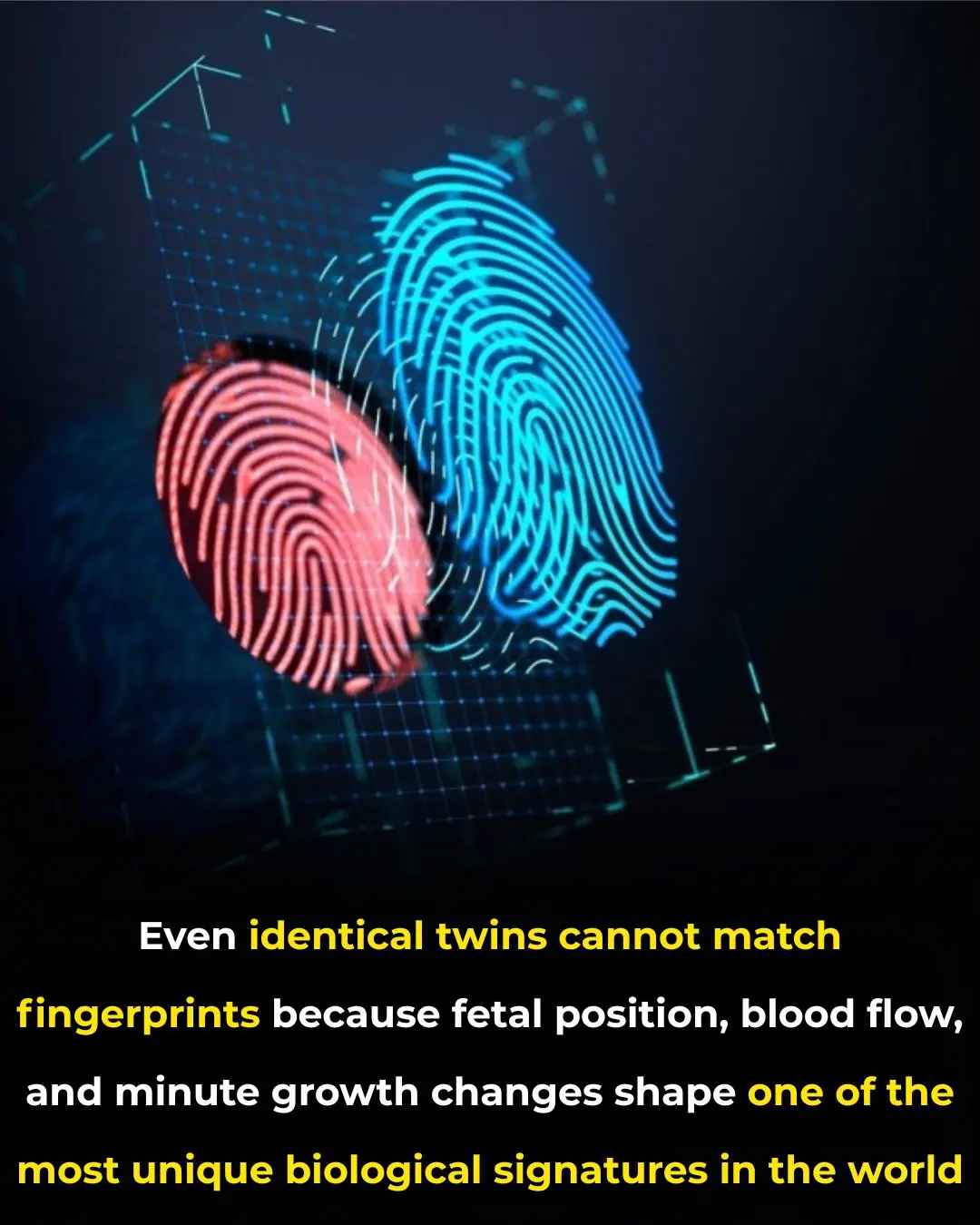
Fingerprint Individuality: A Story Written by Biology, Environment, and Chance

Scientists Discover a Brain Receptor That Acts as a Natural Shield Against Alzheimer’s
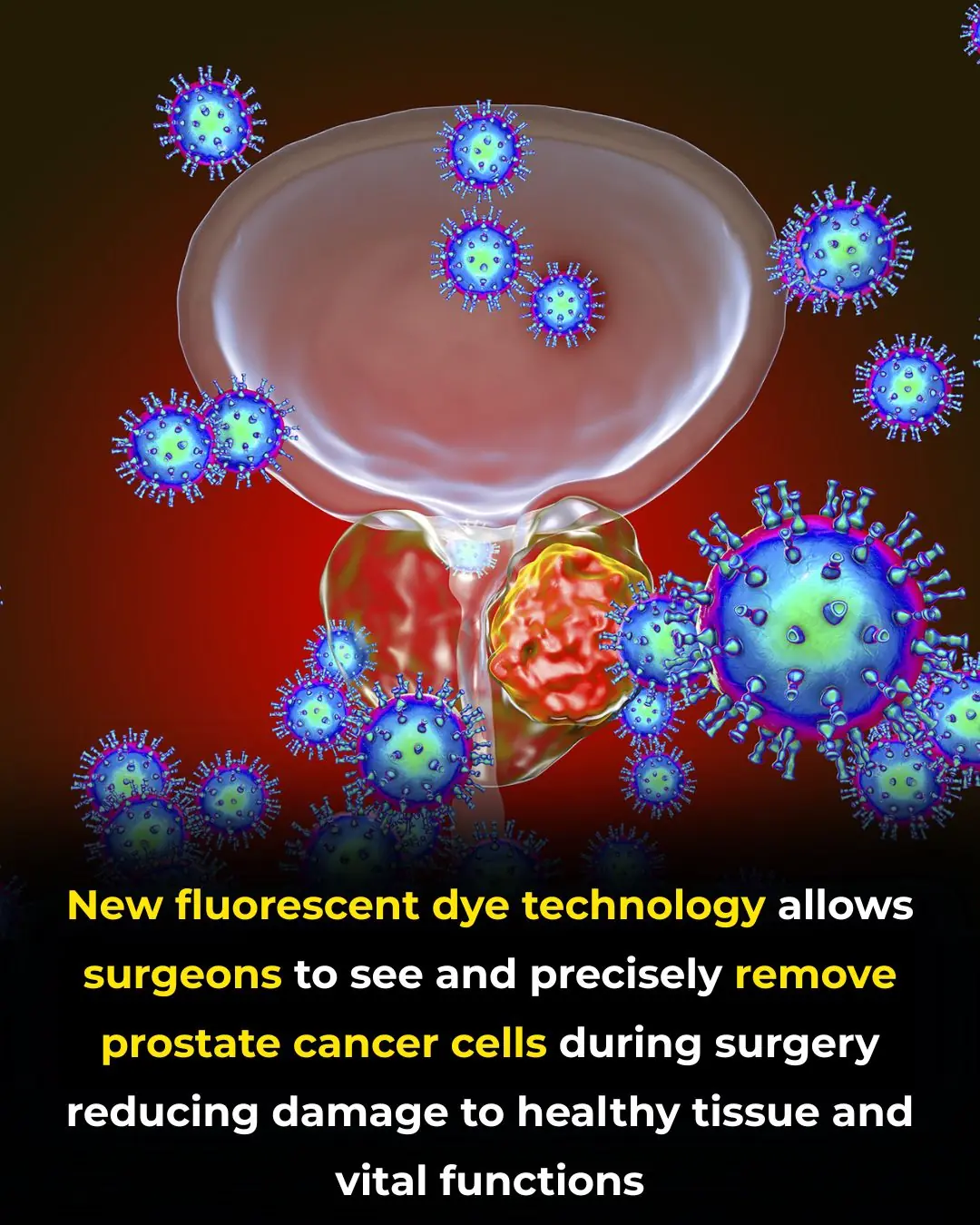
A Fluorescent Breakthrough: New Dye Helps Surgeons Precisely Target Prostate Cancer
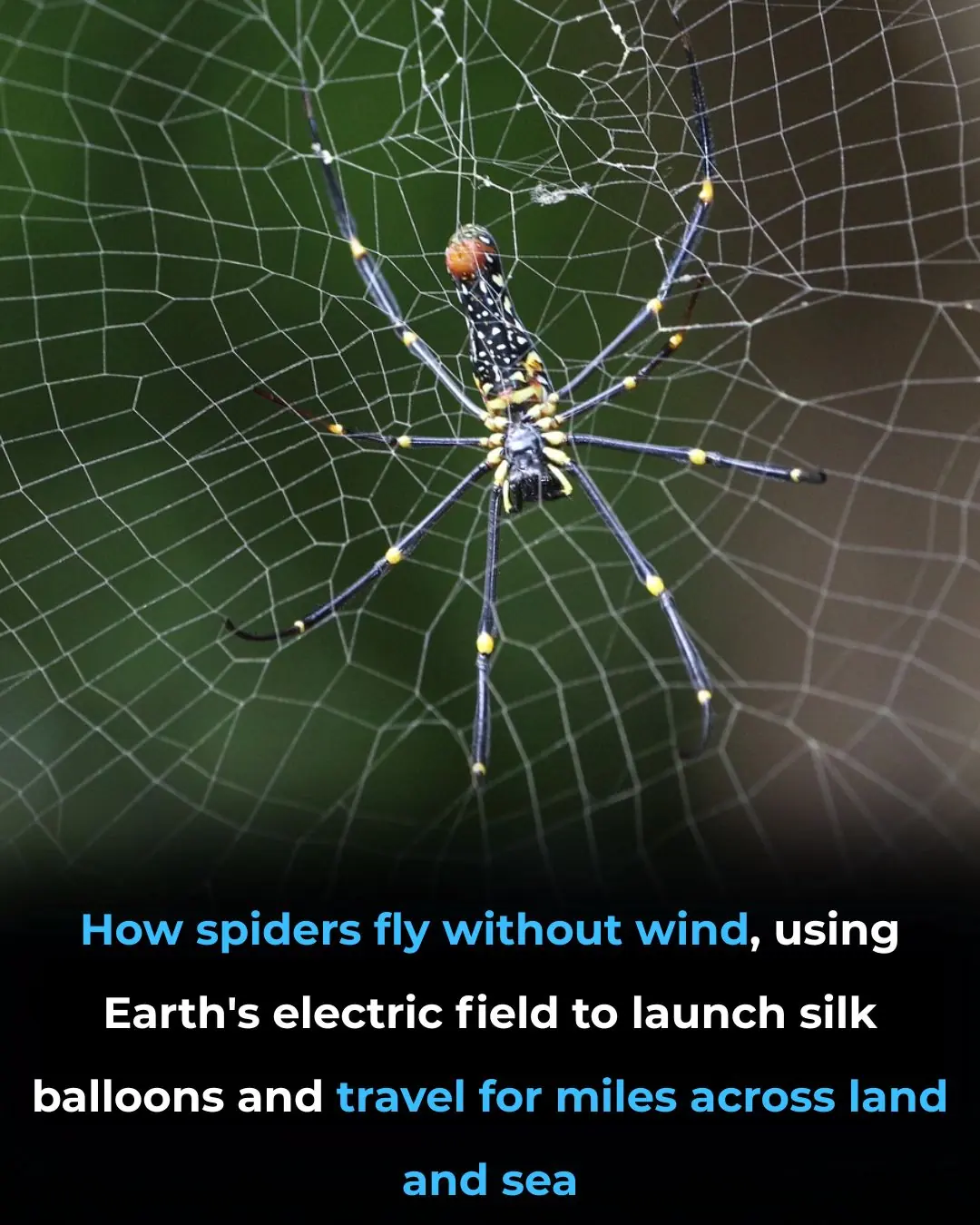
The Shocking Secret of Spider Flight: How Electric Forces Lift Them Into the Sky
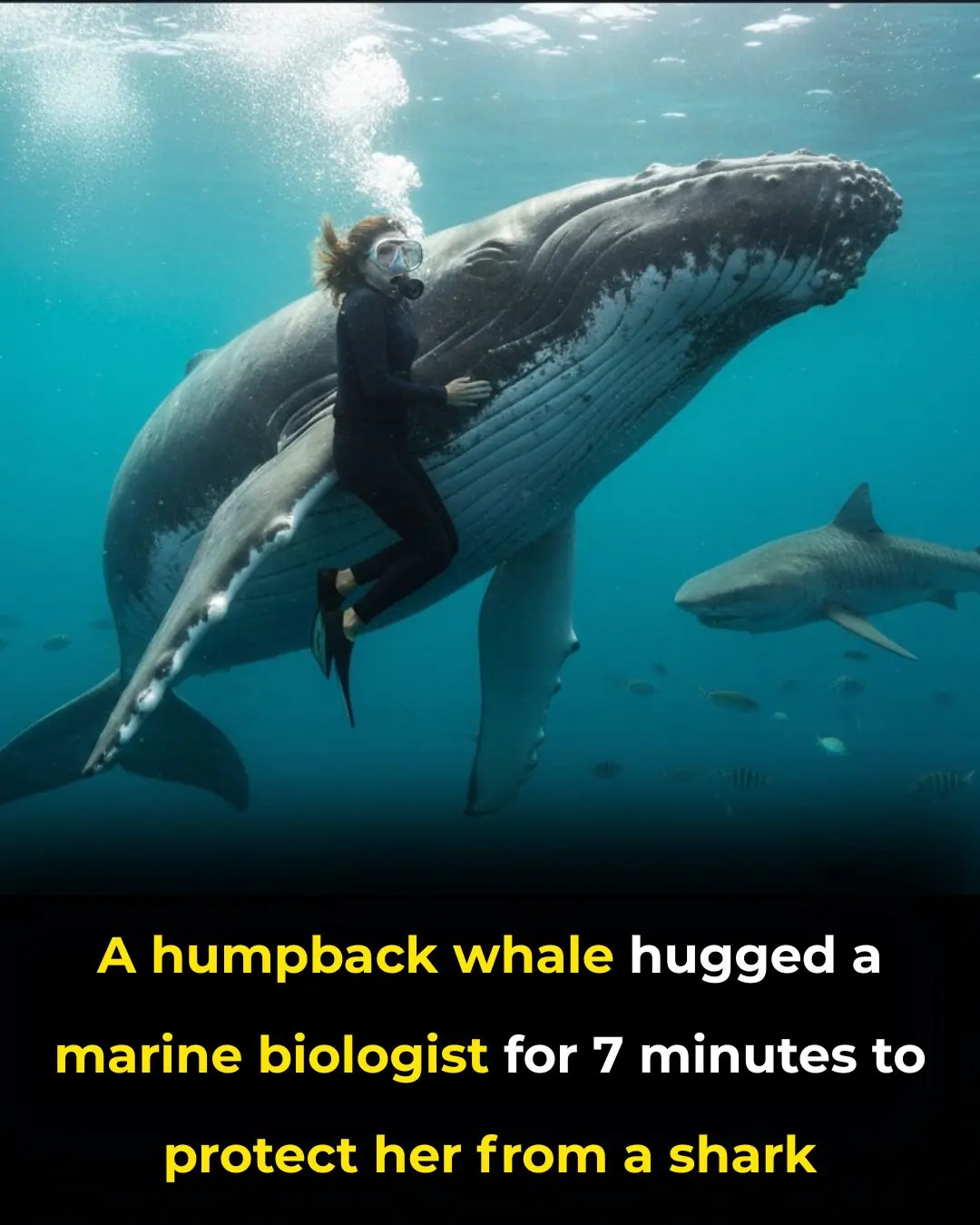
When a Humpback Whale Became a Hero: The Extraordinary Rescue of Marine Biologist Nan Hauser

🤯 Beyond the Void: How Quantum Physics Suggests the End of Life Is an Illusion

🧠 Medical Marvel: The Bullet That Accidentally Cured Severe OCD

If you kiss a deceased loved one, you should know that it causes ...
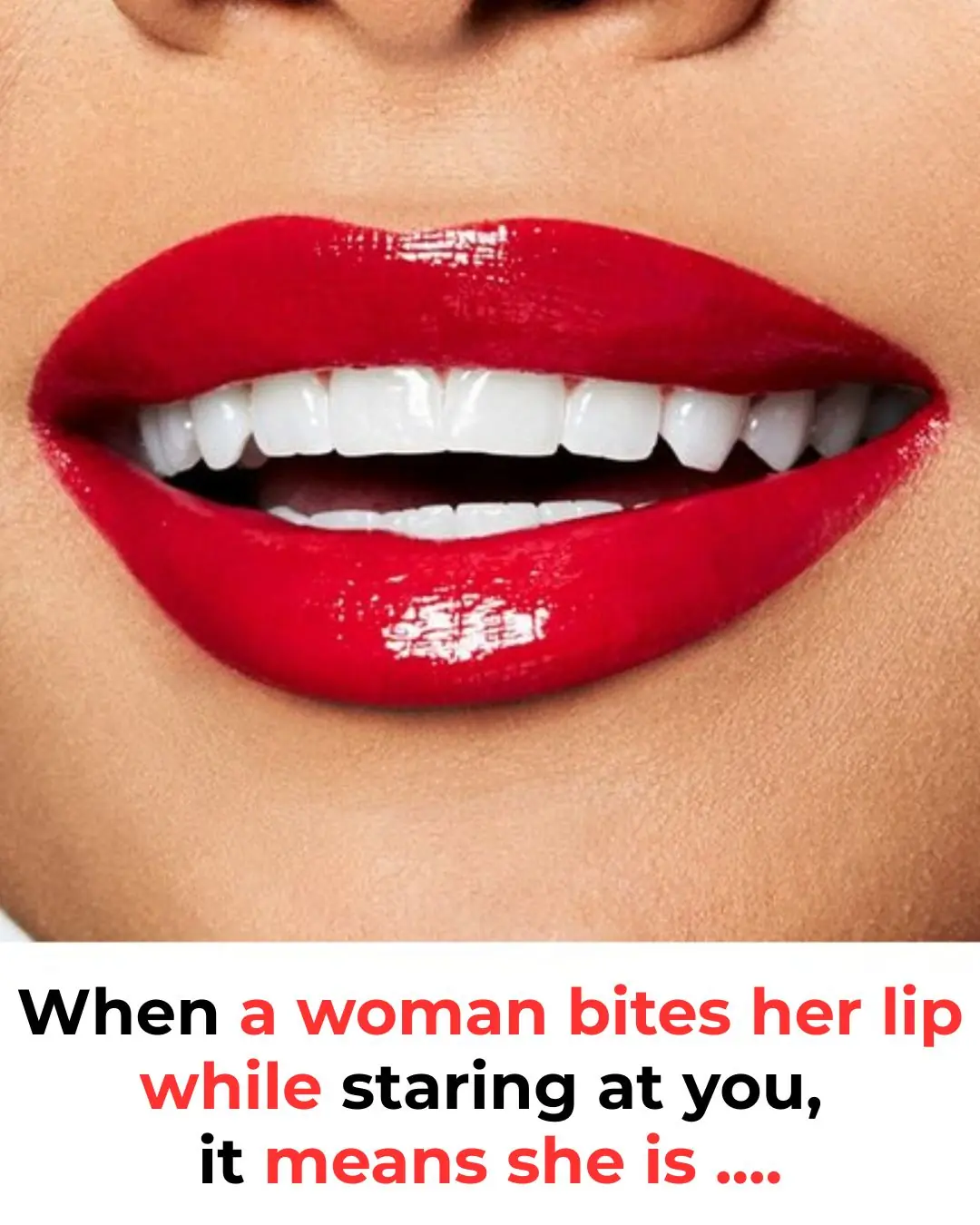
When a Woman Bites Her Lip While Staring at You, It Means She Is ...

3 flowers that make snakes tremble with fear — beautiful and safe to plant around your home

Meet Jonathan: The 192-Year-Old Tortoise Who Has Witnessed History and Continues to Inspire
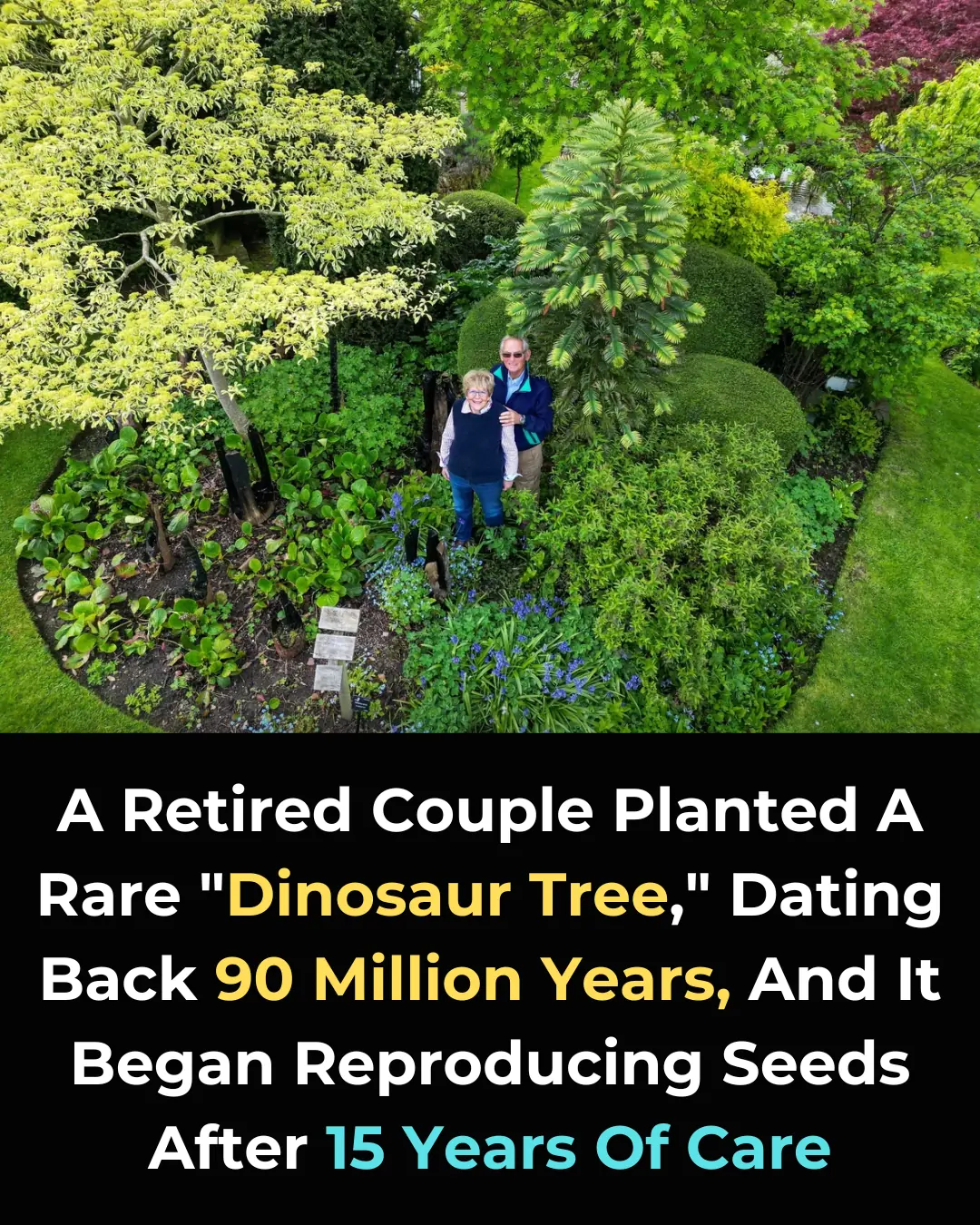
Retired Couple in UK Successfully Nurtures 90-Million-Year-Old Wollemi Pine, Leading to Its First Reproduction Outside Australia

Stem Cell Therapy for Type 1 Diabetes Shows Promise in Human Clinical Trials
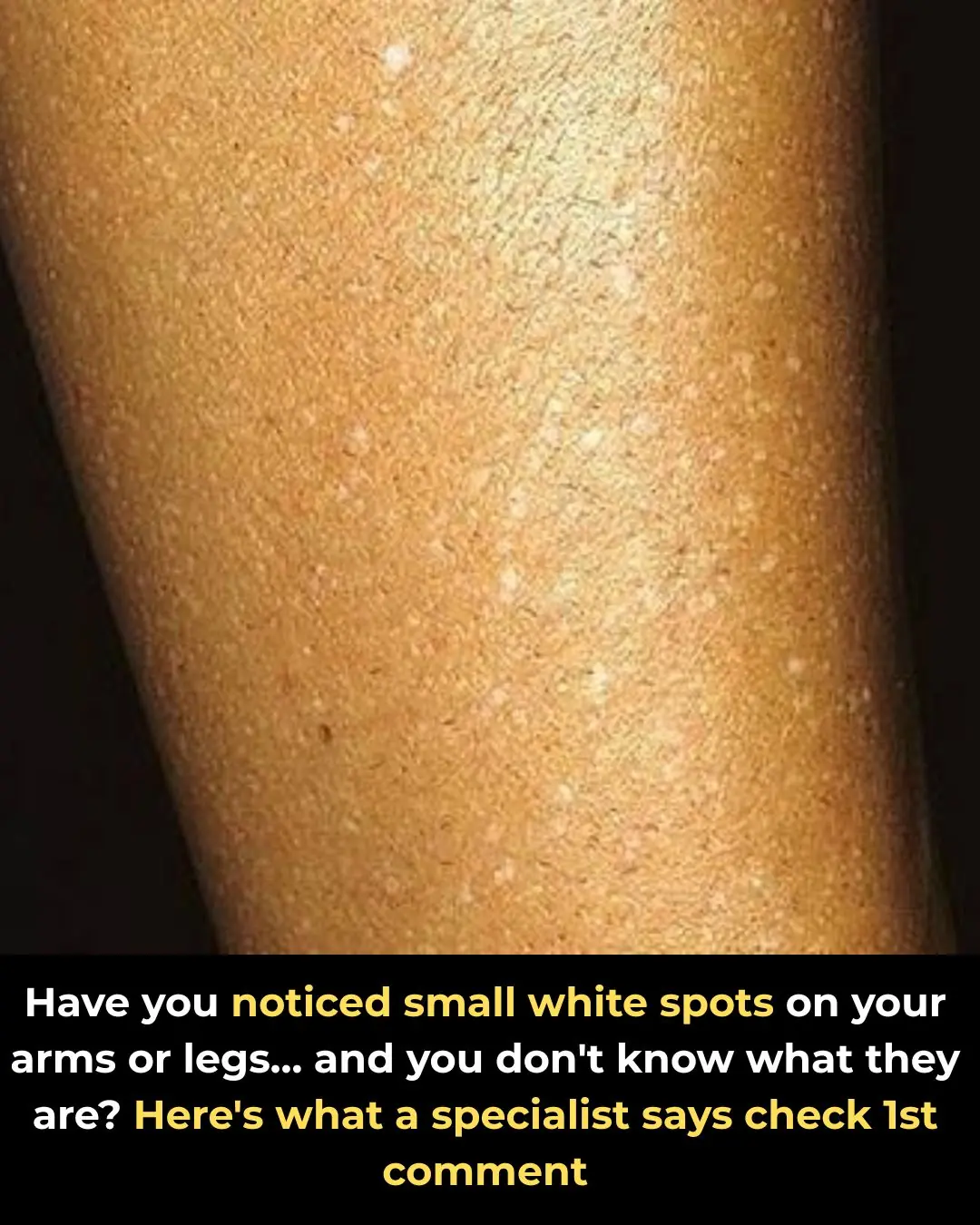
Have you noticed small white spots on your arms or legs… and you don't know what they are?

How Guyana Became the Only Nation Fully Self-Sufficient in All Seven Major Food Groups

Donald Trump's new scarf leaves everyone saying the same thing
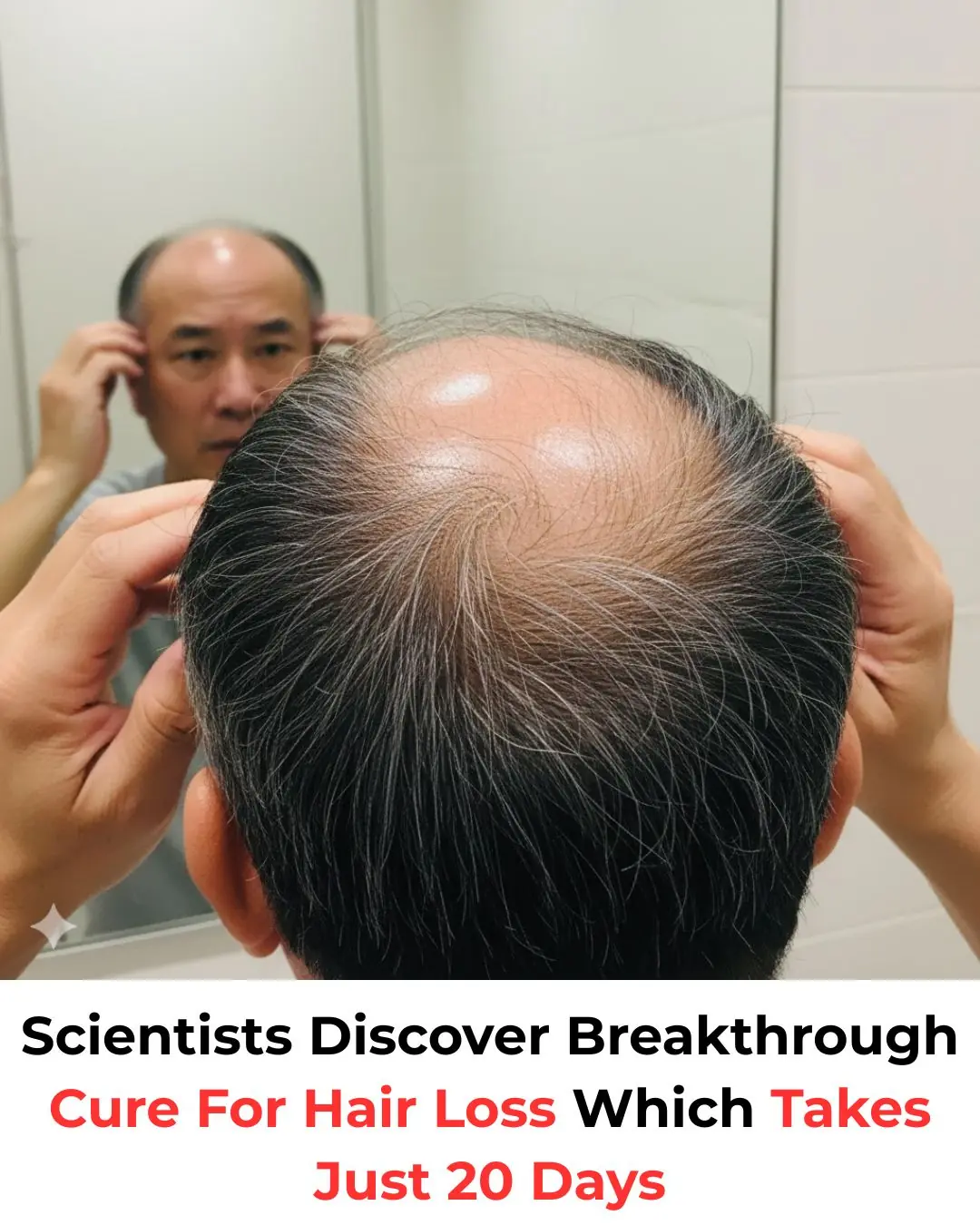
Scientists May Have Just Found a Breakthrough Hair-Loss Treatment

Panama's Marine Collapse: The End of a Key Ocean Upwelling System and What It Means for the Future
News Post
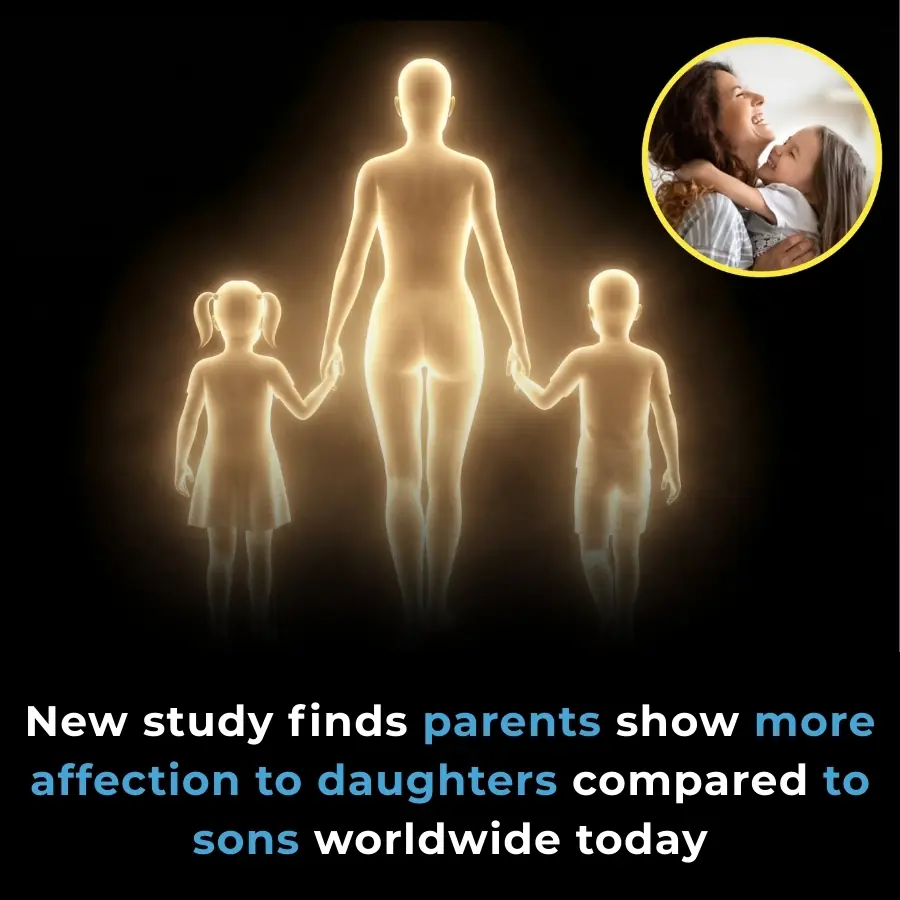
Study Finds Parents Show More Affection to Daughters Than Sons Worldwide

US Researchers Develop Ultra-Light Metal Foam That Stops Armor-Piercing Bullets

🛁 Say Goodbye to the Shower: Japan Unveils the 15-Minute "Human Washing Machine"

Fingerprint Individuality: A Story Written by Biology, Environment, and Chance

Japanese Scientists Launch Human Trials for TRG-035, a Drug That Could Regrow Lost Teeth Naturally

Scientists Discover a Brain Receptor That Acts as a Natural Shield Against Alzheimer’s

A Fluorescent Breakthrough: New Dye Helps Surgeons Precisely Target Prostate Cancer

The Shocking Secret of Spider Flight: How Electric Forces Lift Them Into the Sky

When a Humpback Whale Became a Hero: The Extraordinary Rescue of Marine Biologist Nan Hauser

🤯 Beyond the Void: How Quantum Physics Suggests the End of Life Is an Illusion

Mauro Morandi: Living 33 Years in Complete Solitude on a Remote Italian Island

🧠 Medical Marvel: The Bullet That Accidentally Cured Severe OCD

One simple scoop a day can spark full-body healing — here’s what happens next
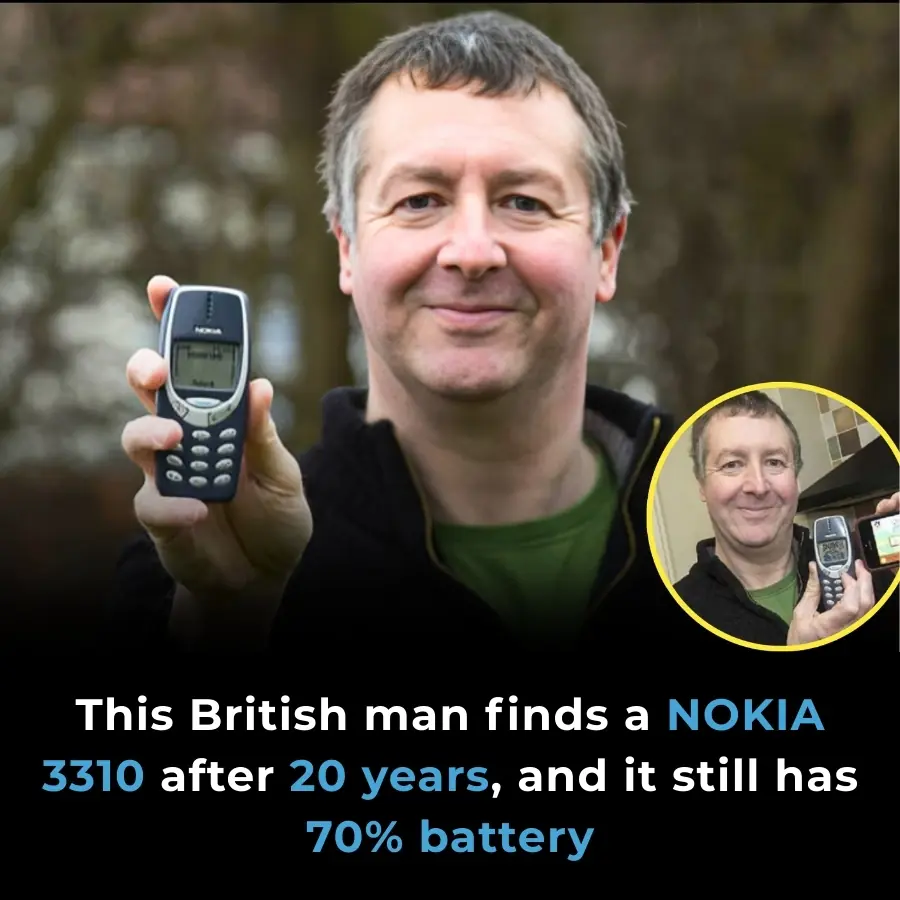
Twenty-Year-Old Nokia 3310 Still Holds 70% Battery, Highlighting the Longevity of Early Mobile Phones

Magnetic Rice-Sized Robot Could Revolutionize Non-Invasive Kidney Stone Treatment

4 Unusual Morning Pains You Should Never Ignore — They May Signal a Hidden Tumor

Quick & Easy Freezer Defrost Hack: Melt Ice in Just 5 Minutes with Zero Effort

A Love That Never Looked Away — The Story of Ron and Cheryl.
